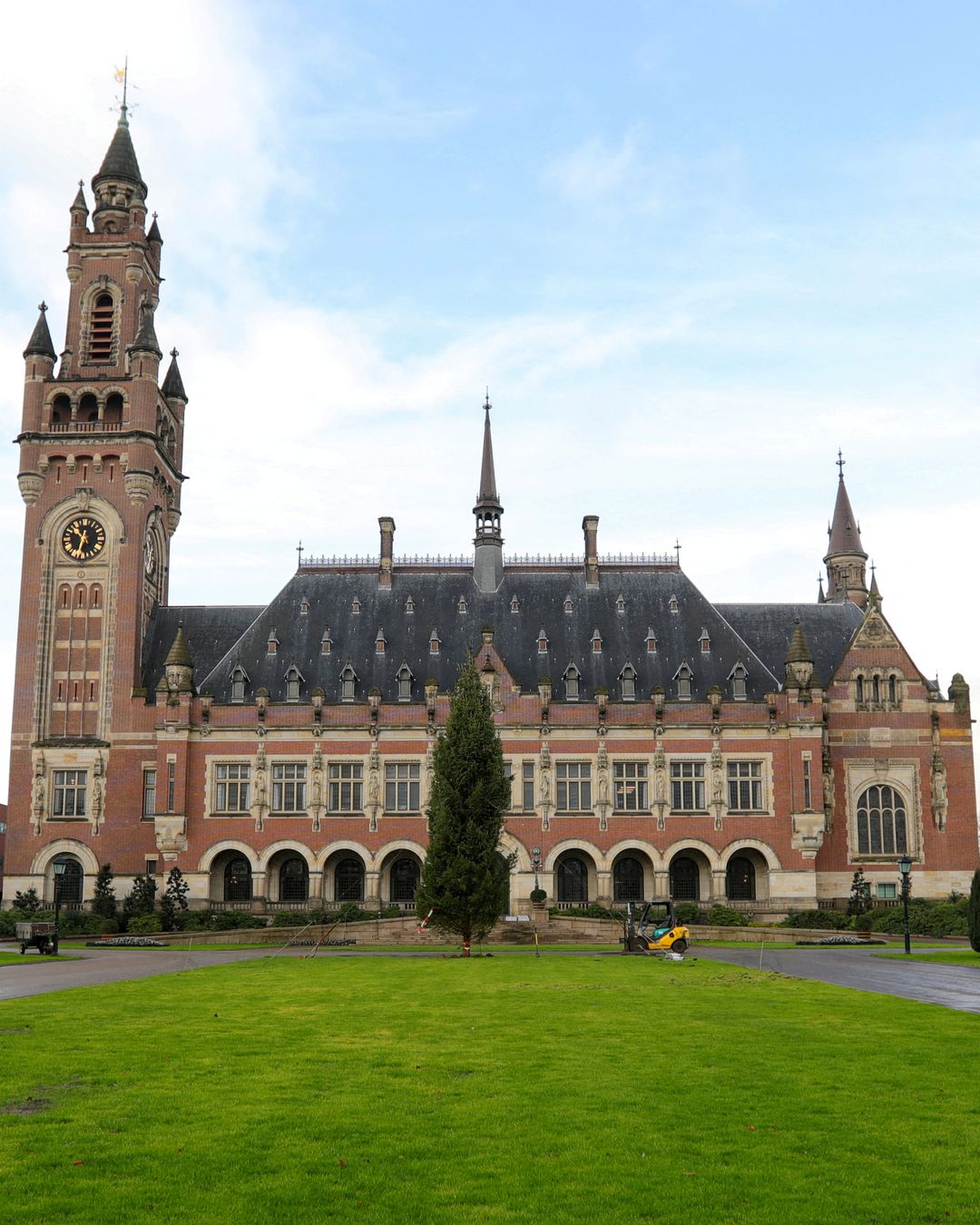The Hague, (Reuters) – Judges at the World Court today ordered Syria to take steps to prevent torture as part of emergency measures in a case against Damascus brought before the top U.N. tribunal by the Netherlands and Canada.
“Syria must (…) take all measures within its power to prevent acts of torture and other cruel and inhumane or degrading treatment” and ensure its officials or others under its control do not commit torture, presiding judge Joan Donoghue said.
The 15-judge panel also told Damascus to ensure that any possible evidence about allegations of torture, including medical reports and death records, are preserved.
Syria has boycotted the court’s hearings and was not present for the ruling. The case marks the first time an international court has looked at alleged abuses committed in Syria during 12 years of conflict.
The case before the World Court, formally known as the International Court of Justice, was filed in June by the Netherlands and Canada. They say Syria is breaching a U.N. anti-torture convention by abusing tens of thousands people, many of whom are kept in Syria’s extensive detention system.
Syria’s government and President Bashar al-Assad have rejected accusations of torture and extrajudicial killings in a war that the United Nations has said claimed hundreds of thousands of lives.
The ICJ can issue emergency orders to ensure a situation does not deteriorate in the several years it generally takes the court to rule on the main claim.
However, it has no power to enforce its rulings. No date has yet been set for hearings in the main case.
The ICJ is a court for disputes between states and will look at alleged Syrian state responsibility for torture.
Some Syrian regime officials have been prosecuted for acts of torture in universal jurisdiction cases, notably in Germany, but those cases center on individual criminal responsibility.







